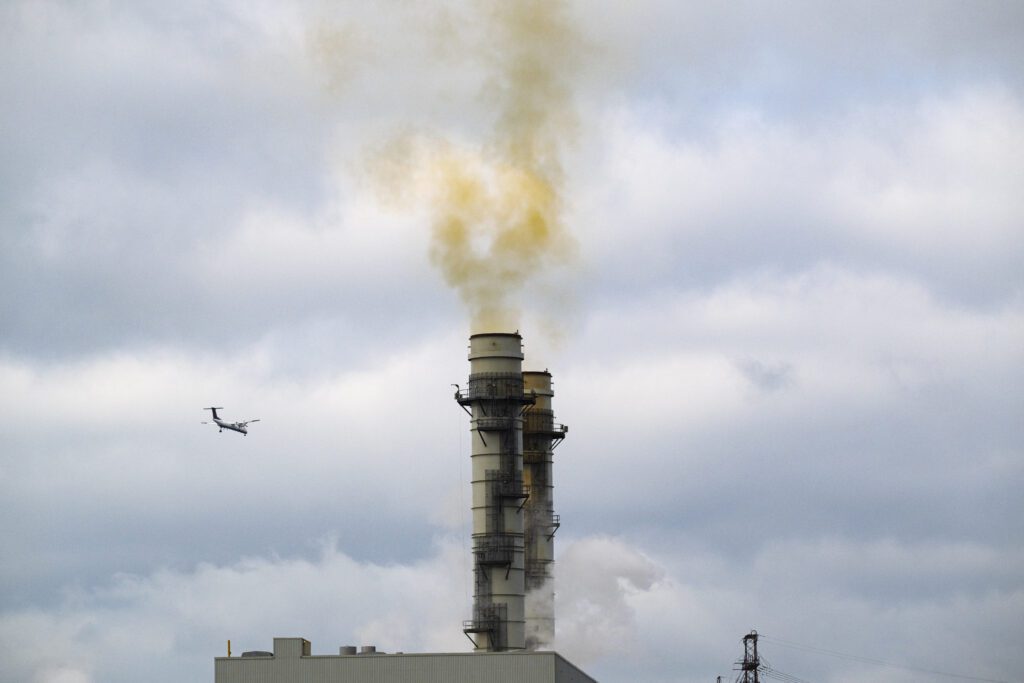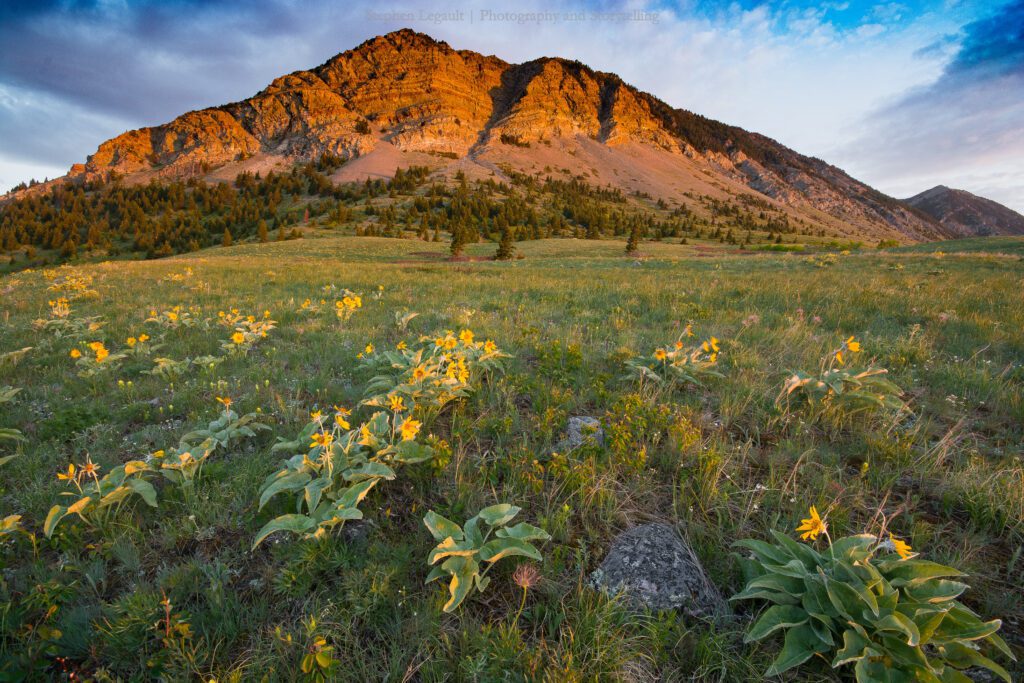The documentary Planet Of The Humans is filled with outdated myths about renewable energy and electric vehicles.
Here are the top 5 myths in the film and the facts you need to know.
1.
MYTH: Solar Panels only last for 10 years.
FACT: Solar panels are guaranteed to last 25 to 30 years. Newer panels could last longer and older ones have already done so.
 2.
2.
MYTH: It takes more energy to make solar panels and wind turbines than the energy they produce when up and running.
FACT: Wind turbines produce 20 to 25 times more power than it takes to build, transport and install them. Solar panels produce 14 to 25 times more power than it takes to produce them, depending on how sunny the location is where they are installed.
 3.
3.
MYTH: The electricity grid is unable to handle a lot of wind or solar power.
FACT: Most electricity grids can handle 30 per cent to 50 per cent wind or solar power with little or no changes to the existing grid.
 4.
4.
MYTH: The environmental movement supports cutting down forests to produce biomass energy.
FACT: The environmental movement does not support destroying forests for biomass. It wants to see more forests planted, not cut down for energy. However, the movement supports using waste wood and agricultural residue to produce energy, especially in rural and remote locations.
 5.
5.
MYTH: Electric vehicles are worse for the environment than gasoline powered vehicles because they get the electricity they need to drive from coal power and other fossil fuels.
FACT: An recent study shows that even when relying on fossil fuels like coal for electricity, the vast majority of electric cars still have a lower carbon footprint than gasoline powered cars. In places that use renewable energy – hydro, wind and solar power – electric cars create much less carbon pollution. Another important reason electric vehicles are better is because they have no tailpipe emissions. Gasoline and diesel powered cars and trucks release polluting emissions from their tailpipes that lead to over 350,000 premature deaths around the world each year.
Your support during these uncertain times is crucial for us to continue our work in protecting the environment and the health of our communities. If you can, we hope you can make a contribution to support our efforts.
Stay up-to-date on environmental issues. Join our email community.



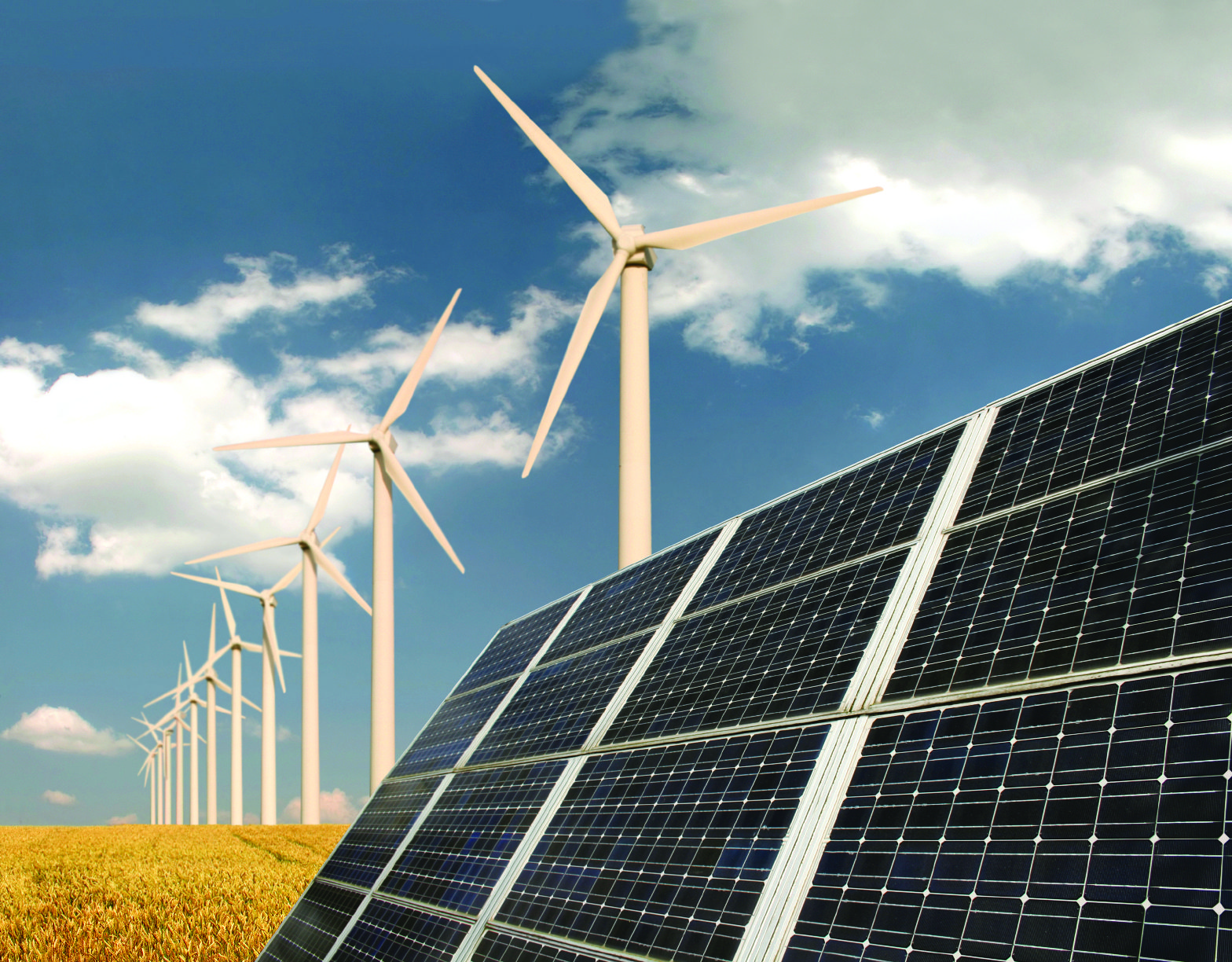
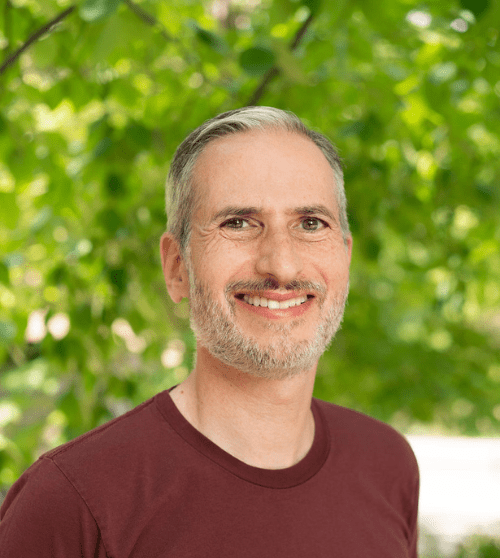
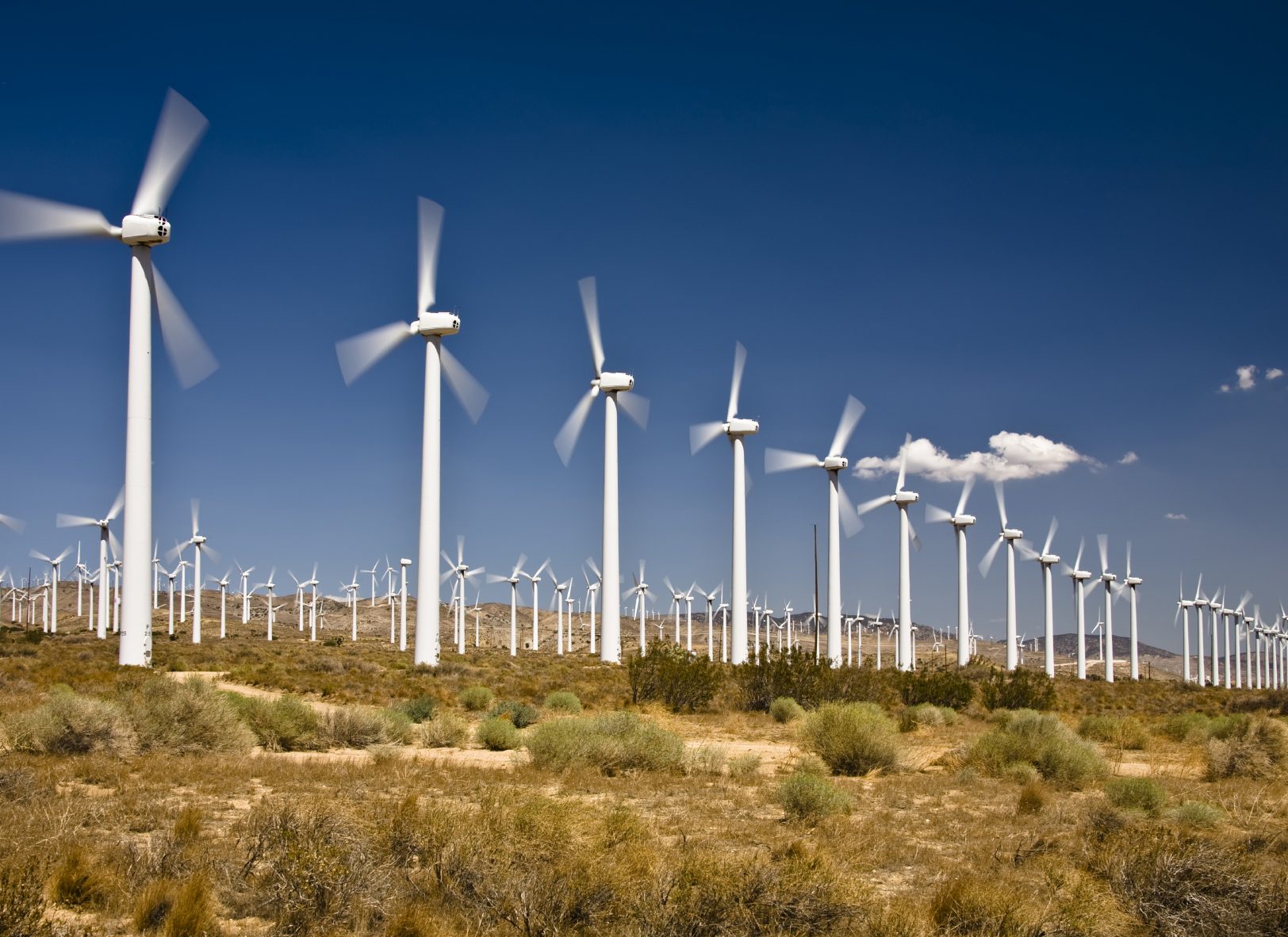 2.
2. 3.
3.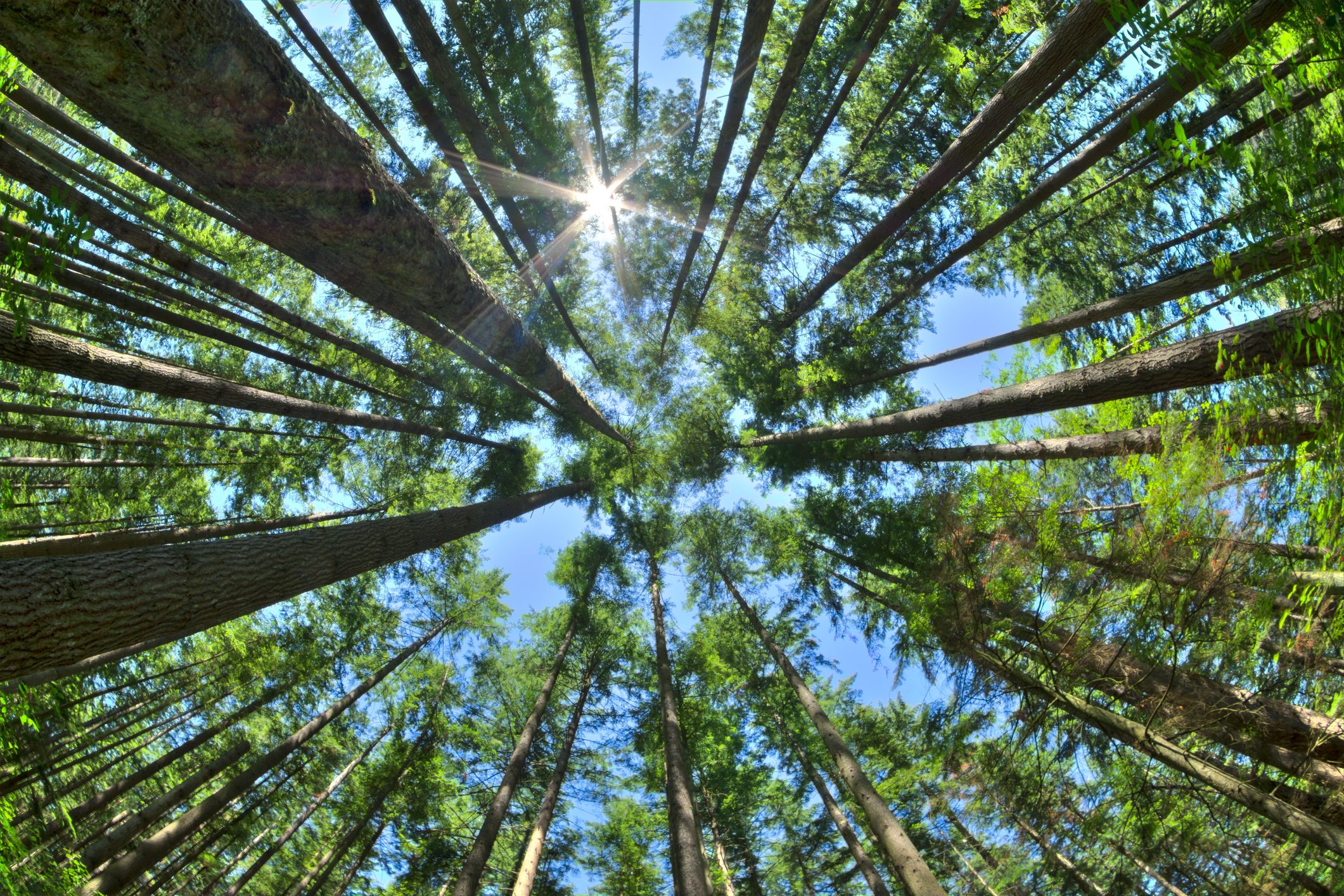 4.
4.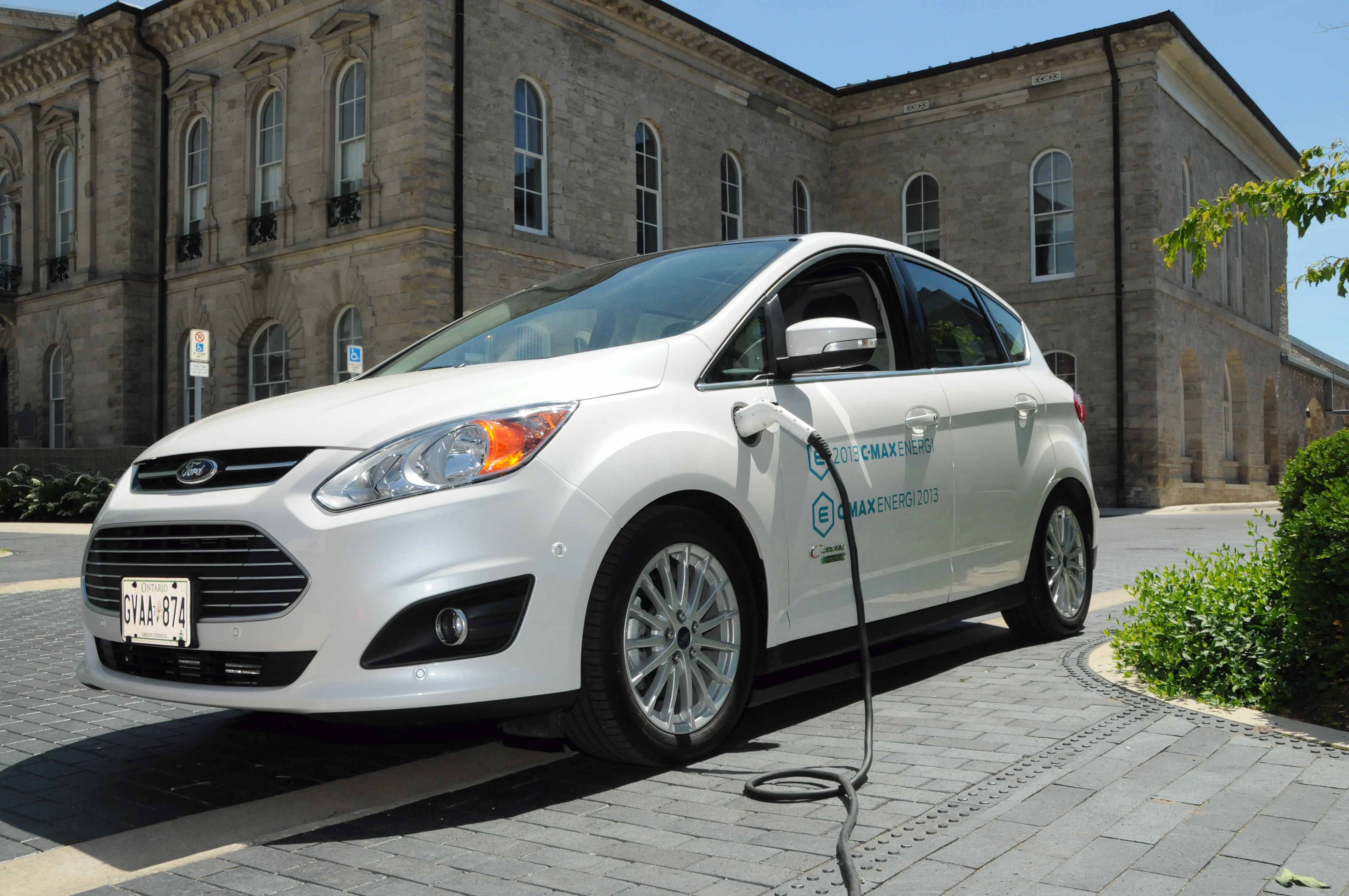 5.
5.

